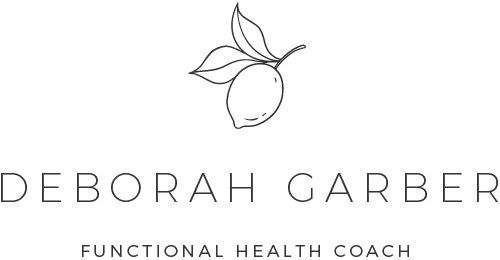The Sun - Friend or Foe?
For years we have been told by the medical establishment, the cosmetic industry and now by the climate change aficionados that the sun is dangerous, that exposure to it causes skin cancer and we should wear sunscreen all day every day, no matter what.
However, many health practitioners believe that sun exposure is essential to our health as is avoiding the harmful chemicals contained in most sunscreen products. According to Dr Zach Bush, the regular stimulus of the sun rays on our naked skin accelerates its repair and regeneration thus strengthening the barrier and protection that our skin provides from the pollutants around us.
Sensible sun exposure is good for our overall health since it’s our body’s main source of vitamin D production. Vitamin D is an essential steroid hormone that our body produces when exposed to sunlight. Increasing vitamin D through sun exposure may provide the following benefits:
Stronger immune system
Improved mood and mental health
Reduced inflammation
Lower risk of some cancers (including skin cancer!)
Reduced risk of cardiovascular diseases
Increased fertility
Lower risk of diabetes (vitamin D may have an effect on glucose metabolism)
So how can we benefit from the sun without suffering ill effects?
Morning sun exposure is wonderful for our mental health and for improving our circadian rhythm. It is best to expose our eyes to the morning sun before we look at our devices. It is important to let light into our eyes and not wear sun glasses, let the gentle morning rays rest on your skin, and if possible do this in the garden or on your balcony.
Solar noon /midday sun exposure is the best time for vitamin D production. We should be exposing most of the skin (wear a bikini or if possible nothing at all) to the sun for 15-30 minutes a day 3-4 days a week. It is essential to build your exposure gradually considering your type of skin, the lighter the skin, the shorter the exposure times should be. Start exposing your body to the sun in spring before the sun gets too intense. Build your tolerance to the sun.
Avoid prolonged exposure to the sun, but if you must be in the sun for long periods, cover yourself with loose clothing and hats and use a product that can protect you from UVA and UVB. However, bear in mind that most sunscreens contain many harmful ingredients that are not only absorbed into our bloodstream, they also damage the marine environment. Look out for ingredients such as: avobenzone, oxybenzone, octocrylene, and fragrance to name but a few. Avoid sunscreens that use nanoparticles.
Safe sunscreens contain ingredients good enough to eat and use only two safe mineral barriers - zinc oxide and titanium dioxide. The good sunscreens contain astaxanthin, a potent antioxidant from marine algae that may help prevent sun damage, along with pomegranate extract, raspberry seed oil, sunflower oil and other familiar ingredients.
Eat lots of polyphenols. New research is showing that you can actually eat your way to better skin protection from the sun. This will not surprise you if you know that the microbiome is the key regulator of our immune system and affects everything that happens in our body. The gut and skin microbiomes are connected through the blood and the lymph systems. We know that dysbiosis and certain gut conditions such as celiac disease often manifest on the skin as psoriasis, for example. A healthy gut flora, therefore, also strengthens our skin’s defences. A change of diet will not lead to better sun protection overnight, but within several weeks scientists noticed an uptick in the skin’s resilience. A year-round healthy diet seems to be able to reduce our risk for sunburn, sun damage and skin cancer.
The following food contain a range of beneficial nutrients shown to strengthen your resilience to UV rays. They contain beta carotene, lycopene, omega-3 fatty acids, polyphenols, vitamin C, vitamin D, Vitamin E and zinc: citrus fruits, carrots, strawberries, pomegranates, almonds, red grapes, leafy greens, blueberries, blackberries, tomatoes, watermelon, wild Alaskan salmon, and green tea.
Happy sunning!

